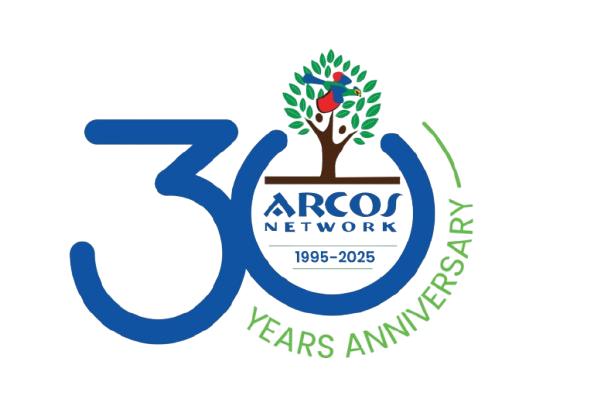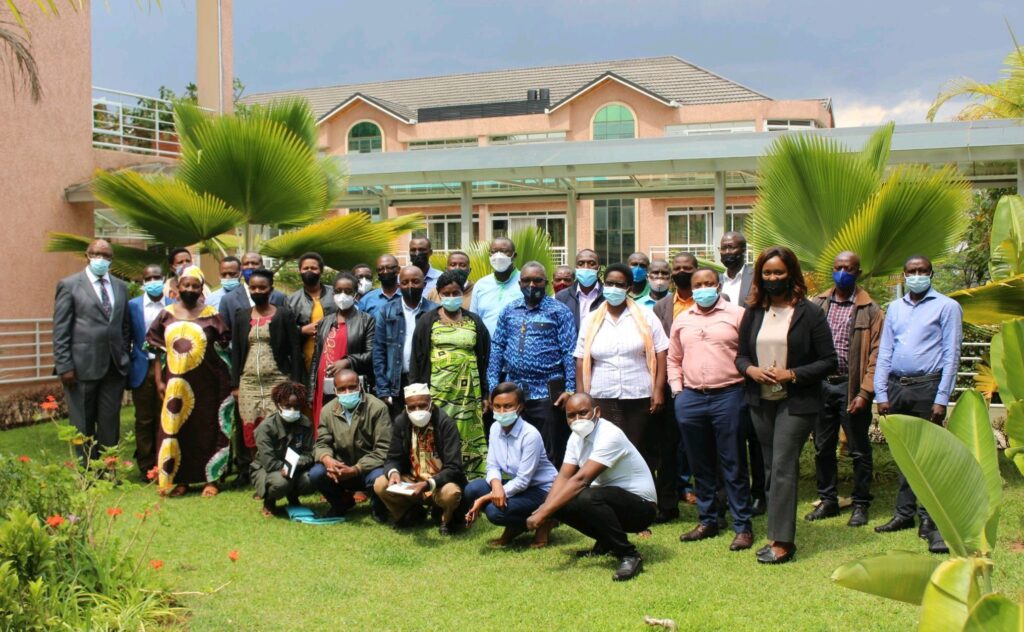
Strategic Areas
We aim to enhance restoration of key ecosystems in the Albertine Rift, Great Lakes, and Africa mountainous regions focusing on mountains, wetlands, farmlands, and urban areas, with services they provide for the well-being of community through collaborative conservation actions.
SDGs we contribute to:



We build on our existing experience and enhance community groups for improving their livelihoods through group development, sustainable quality and quantity production, value chain, market linkage and entrepreneurship.
SDGs we contribute to:




We translates principles of Education for Sustainable Development (ESD) into practice through the implementation of the eco-schools programme in Rwanda.
SDGs we contribute to:




We contribute to the global challenge of transformation of agriculture and food systems. ARCOS contributes to this goal by promoting economically viable, socially responsible and environmentally resilient agricultural systems for enhanced food security and community livelihoods in its focal landscapes.
SDGs we contribute to:




We facilitate regional mechanisms for assessing and addressing the impacts of climate change and promote grass-root actions to build community resilience.
SDGs we contribute to:



We are committed to empowering stakeholders by strengthening the efficient use of natural resources and reducing their adverse impacts on environment, enhancing social welfare, combating poverty and striving for social justice.
SDGs we contribute to:




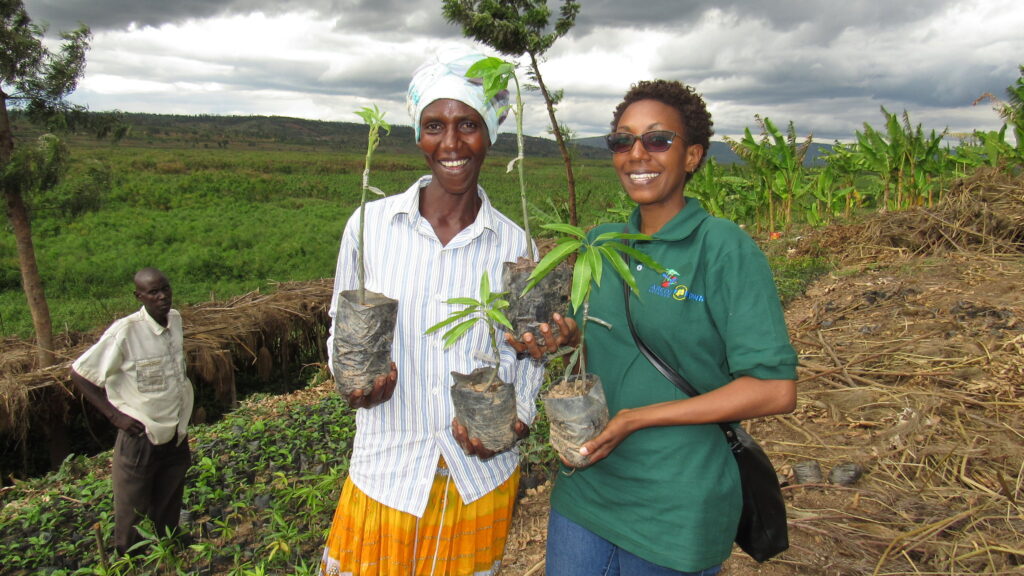
Our Projects
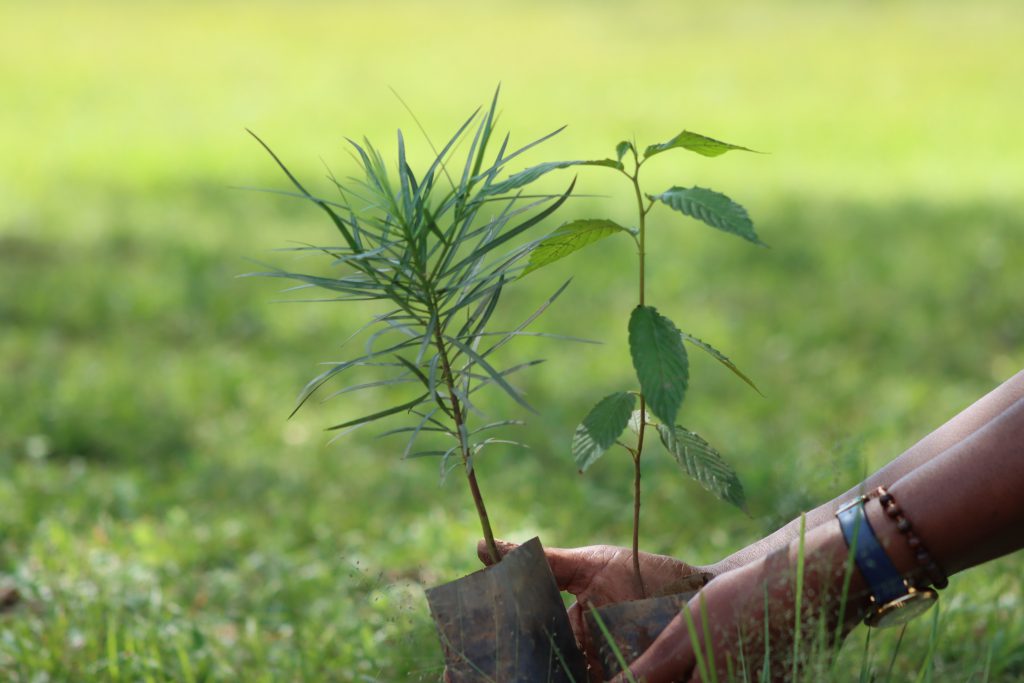
MuLaKiLA Project
The project “Building resilience to climate change and sustainable agriculture value chains in agro-systems around Mukura Forest and Lake Kivu Catchment Landscape in Rutsiro and Ngororero districts, Rwanda” MuLaKiLa, is a partnership initiative implemented by the Albertine Rift Conservation Society (ARCOS), a regional conservation and development organization, and Reforest'Action, a French B Corp-certified company whose mission is to preserve, restore and create agroforestry ecosystems around the world to help address climate change and biodiversity loss and in collaboration with the Government of Rwanda and other partners. This is a 30-year project that was launched in March 2023.
Read More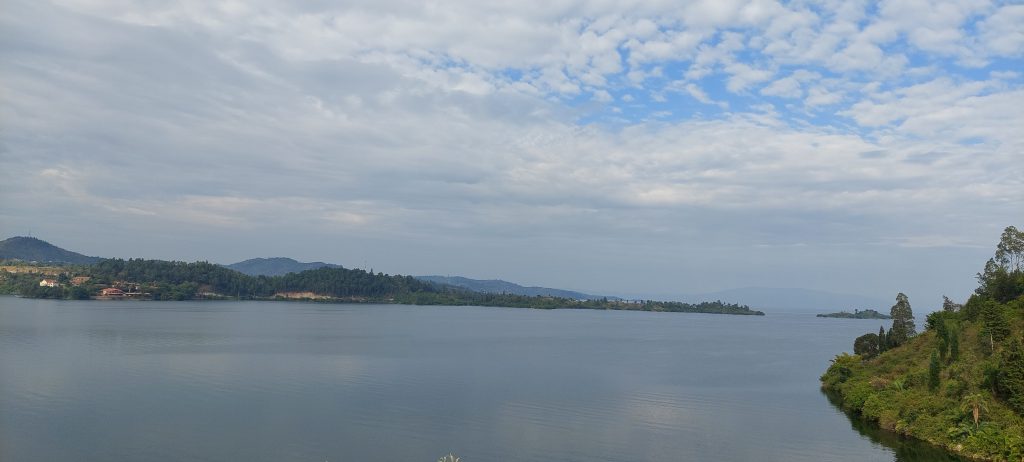
Living Lakes Biodiversity and Climate Project
The Albertine Rift Conservation Society (ARCOS) in the partnership with Global Nature Fund (GNF) secured funding from the German Federal Ministry of Environment, Nature Conservation, Nuclear Safety and Consumers Protection (BMUV) on behalf of the International Climate Initiative (IKI) to implement a project entitled “Living Lakes Biodiversity and Climate Project (LLBCP) ” The main objective of this project is the conservation and restoration of lakes and wetlands, promoting the protection of their biodiversity and ecosystem services. The project will be implemented in Rutsiro District, Gihango Sector, along Koko River sub-catchment.
Read More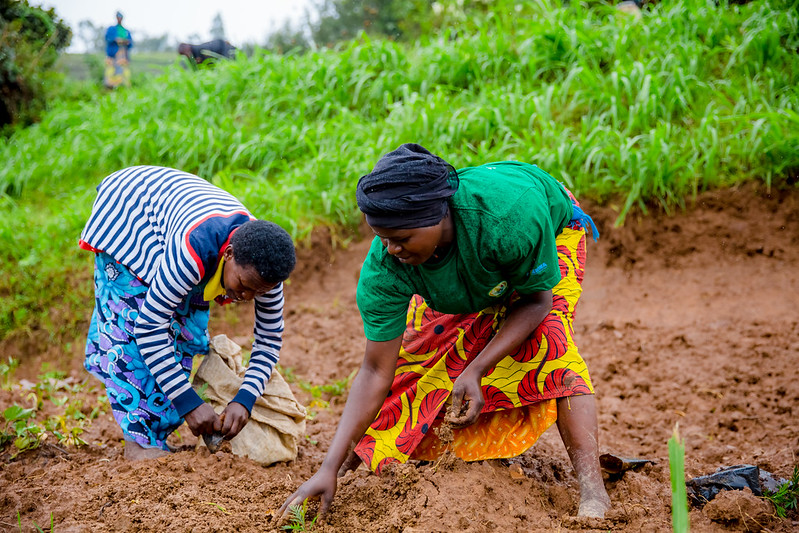
Technical Facilitation for the Establishment and Implementation of FONERWA's Climate Community Adaptation Fund (CAF)
Climate change is seen as an emerging challenge that is negatively affecting social, environmental, and economic dimensions of development globally. With its topography giving it a name of “the land of a thousand hills”, economy primarily depending on rain-fed agriculture and its other development sectors strongly dependent on environment and climate,
Read More
Enhancing Water-Energy-Food-Ecosystems (WEFE) Nexus and Climate Resilience along Koko (Rwanda) and Lwiro (DRC) Rivers of Lake Kivu Basin through Nature-Based Community Enterprises
Water, energy and food are essential for human life, but they face constant pressure from economic development, climate change and other global processes.
Read More
Eco-Schools Programme, Rwanda
In 2020, The Albertine Rift Conservation Society (ARCOS) in partnership with Danish Outdoor Council (DOC) embarked on the implementation of Eco-Schools programme in Rwanda for a period of four years (2020-2023). The programme implementation involves close partnership with Rwanda Basic Education Board (REB), Rwanda Environment Management Authority (REMA)
Read More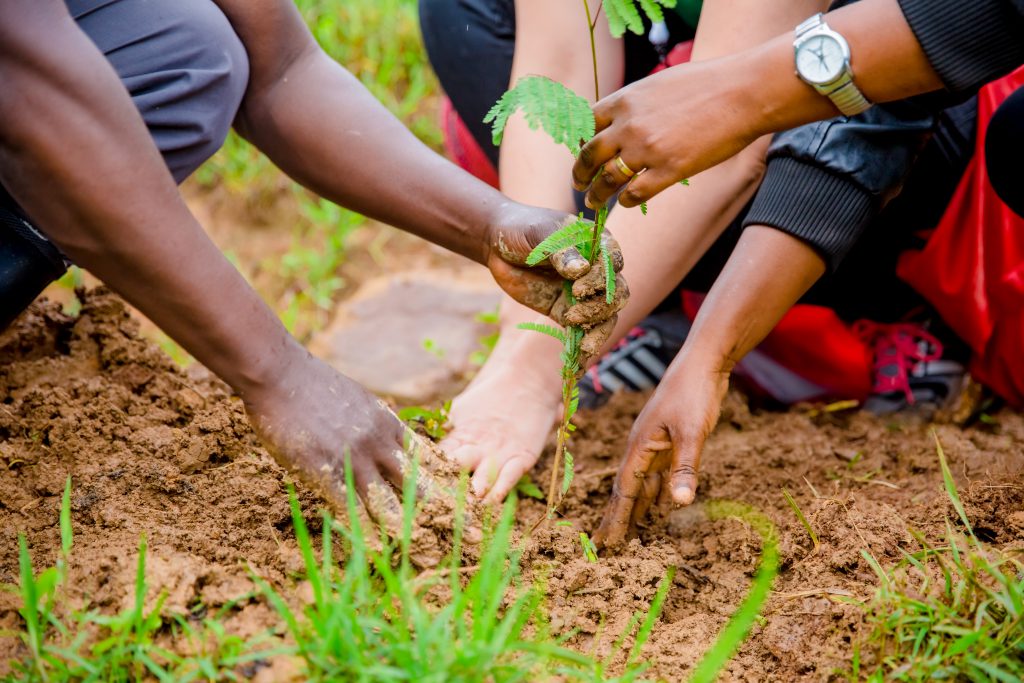
Building Resilience to Climate Change and Sustainable Livelihoods in Rwanda’s Agrosystems
Climate change is adversely affecting smallholder communities in Rwanda. Erratic rainfall results in flooding events in highlands areas, whereas rainfall deficits occur in lowlands.
Read More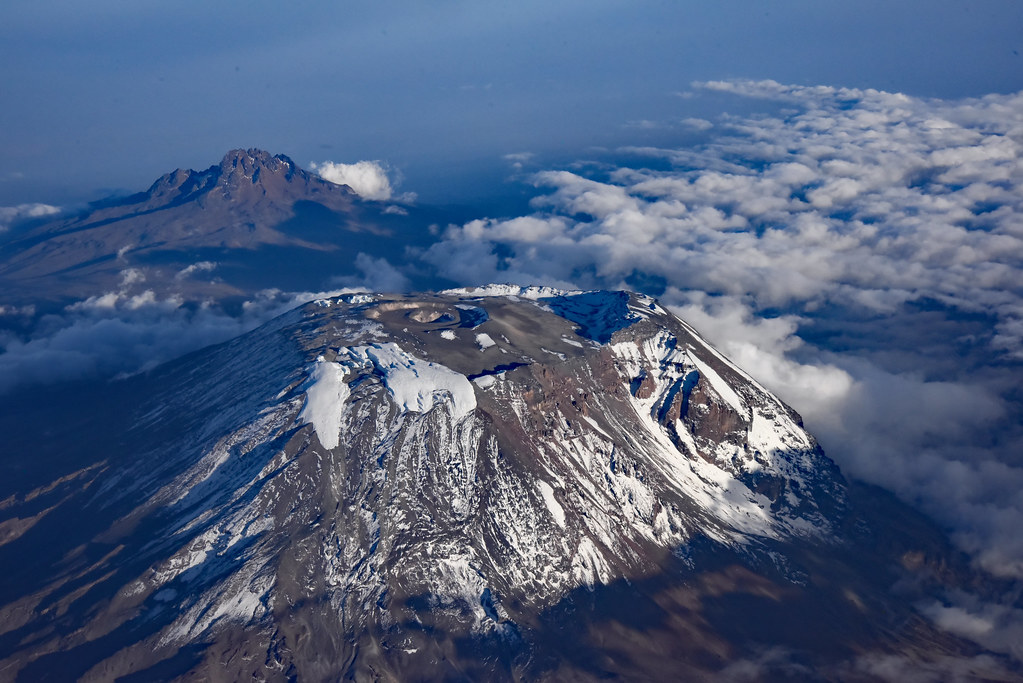
Adaptation at Altitude Programme - East Africa
Climate change is disproportionately affecting mountain regions. East Africa's last glaciers will most likely disappear this century. In addition, rainfall patterns are changing, and erosion and drought are becoming more pressing challenges in mountain areas with severe implications for water supply and local livelihoods.
Read More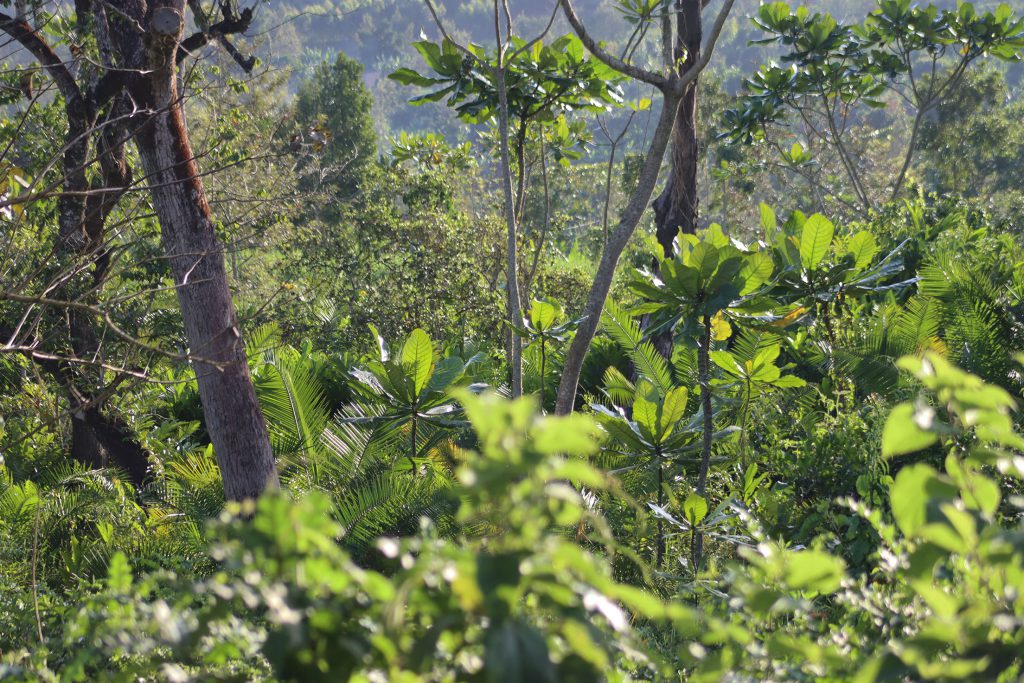
Nyagasenyi Remnant Forest Landscape Restoration for Improved Livelihoods and Resilience to climate change
Kirehe District is classified as an area prone to rain shortage, late rainfall onsets, early rainfall cessations, a significant number of dry spells and is susceptible to drought. Since most people depend on rain fed agriculture for their livelihoods, there is a need to support communities to adapt to these impacts and therefore, contribute to the landscape management.
Read More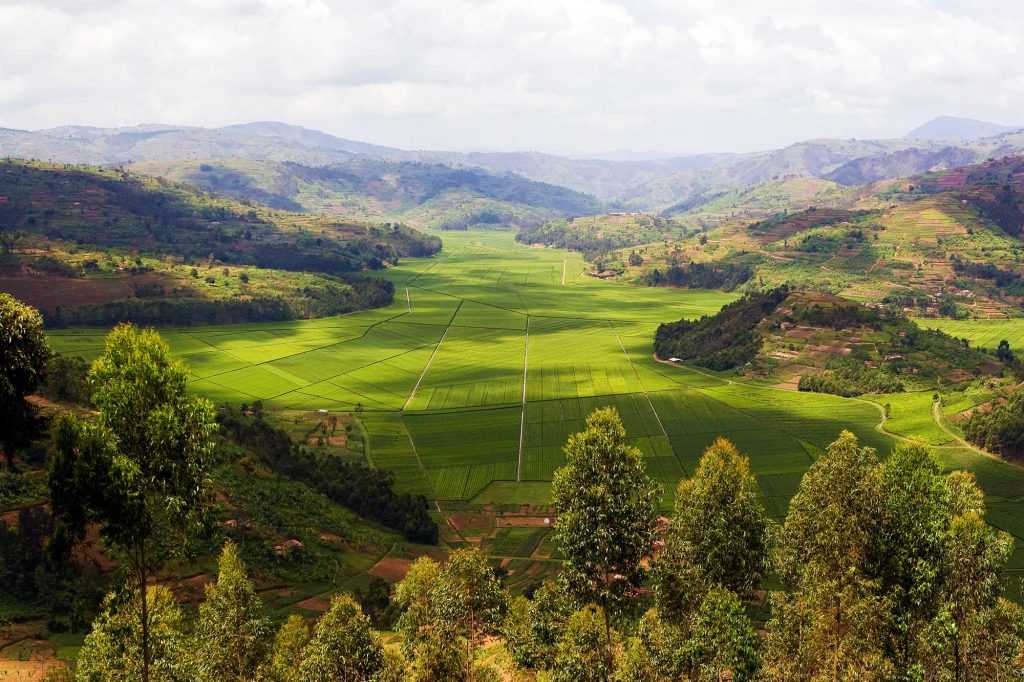
SDGP1014RW Project: Installing Circular Economy in Cyohoha-Rukeri Watershed
The SDGP1014RW project aims to install a circular economy in the Cyohoha-Rukeri Watershed, Rwanda, that benefits all smallholders (uphill and downhill), their representative cooperative ASSOPTHE and the tea-company SORWATHE. The watershed has been suffering from the negative effects of extreme weather events and climate change, ill- adapted water management in peatland tea plantations and outdated farming practices in uphill farmlands. These are causing flooding, droughts and land degradation in both downhill tea plantations as well as uphill farming areas.
Read MoreThe impact
Partners
ARCOS welcomes new partnerships and support from different actors to work together in delivering our vital conservation programmes and advance sustainability in the Albertine Rift, Great Lakes and in the African Mountain ecosystems.
